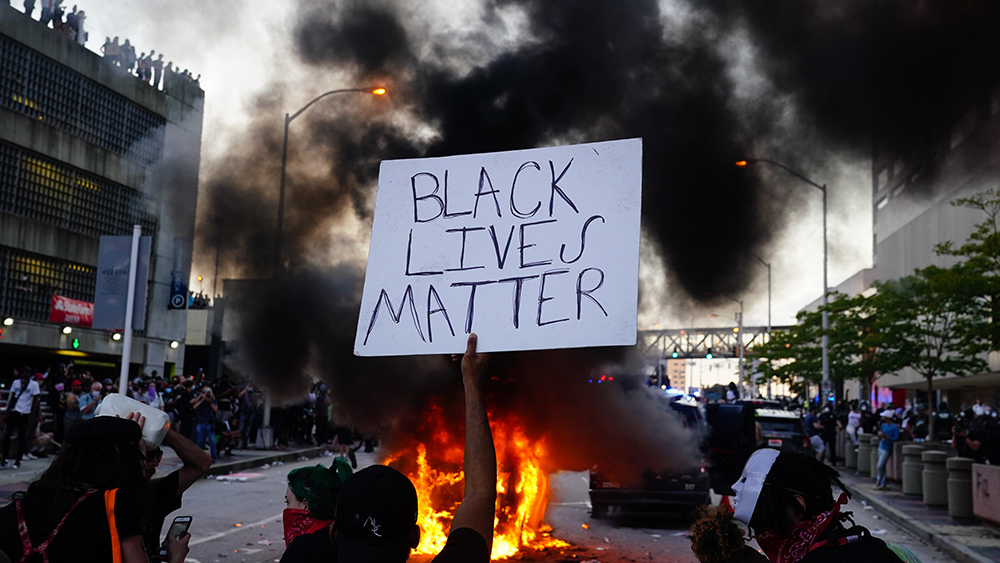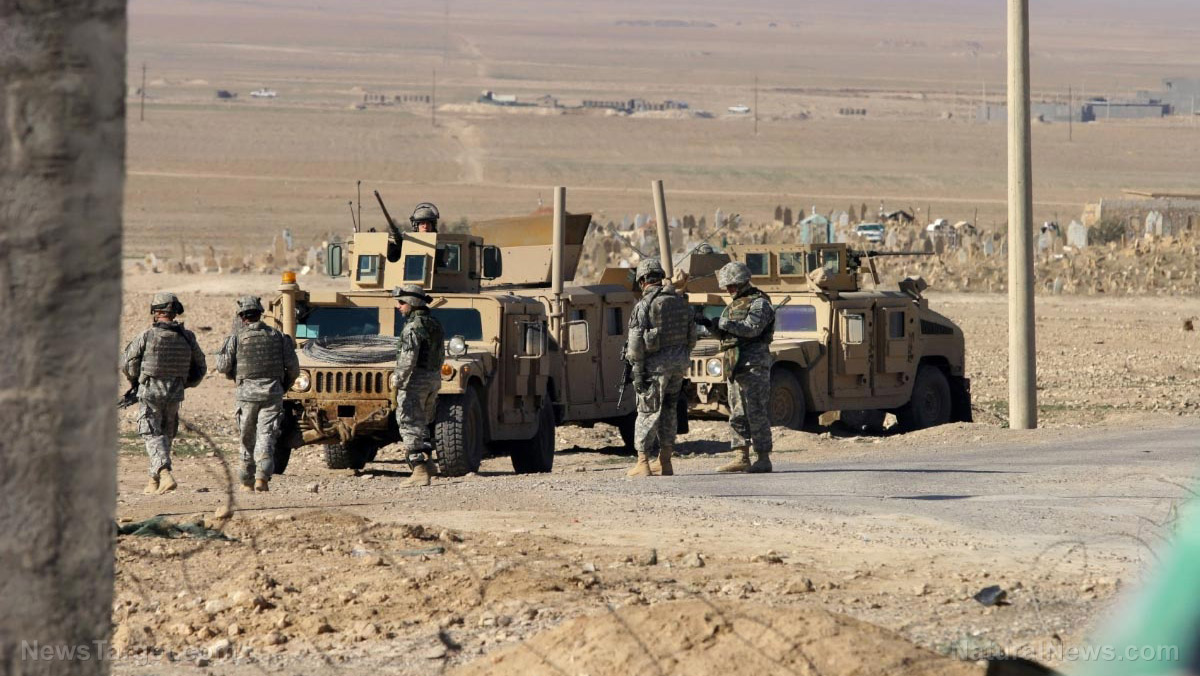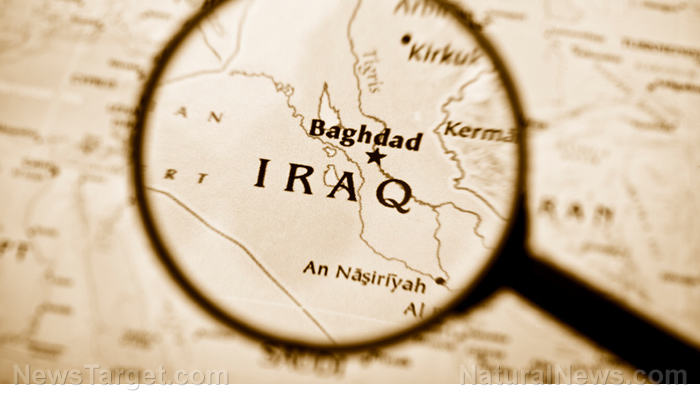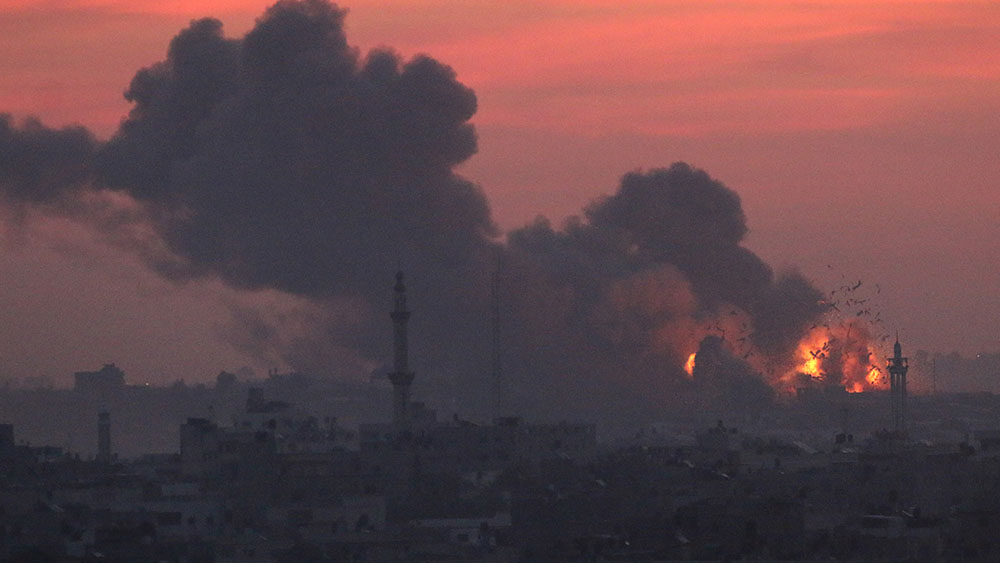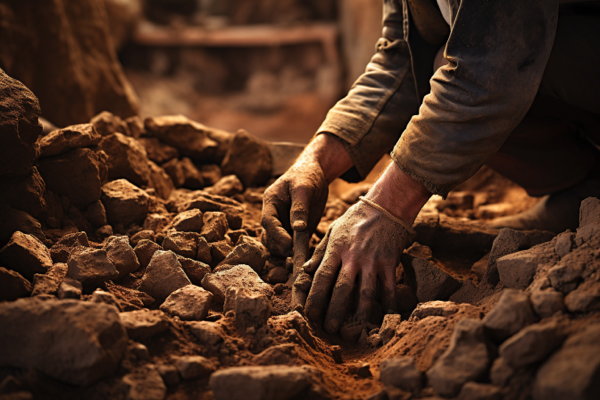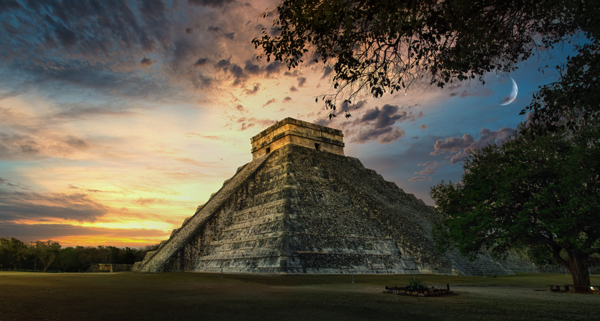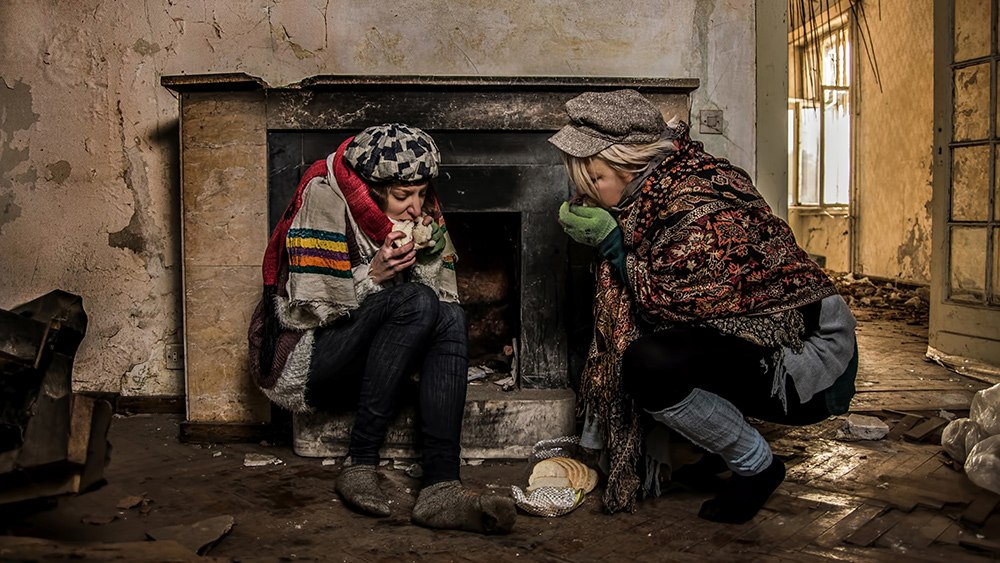WAR CRIME: Israeli bombings devastate UNESCO World Heritage Sites in Tyre, Lebanon
10/27/2024 / By Richard Brown
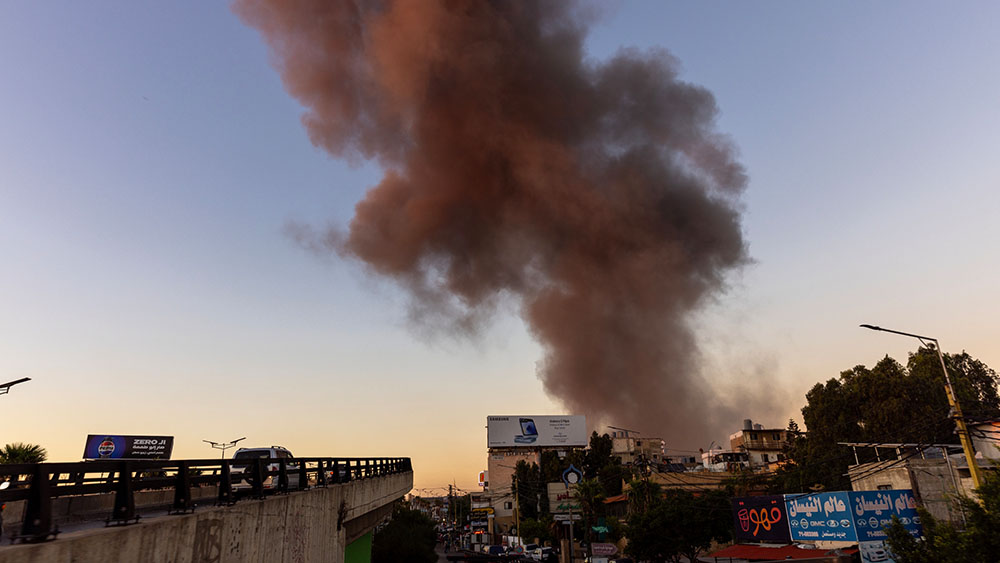
The Israeli Defense Forces (IDF) launched a series of airstrikes in the southern Lebanese port city of Tyre on Wednesday morning, Oct. 23, employing a controversial “fire belt” bombing strategy that devastated entire residential blocks within a World Heritage Site.
Attacks on cultural heritage sites can be considered war crimes under international law, as noted in UN Security Council Resolution 2347 of 2017, which emphasizes the importance of safeguarding cultural property during armed conflicts.
The extent of the destruction remains unclear, but IDF Col. Avichay Adraee, the military’s Arabic-language spokesperson, took to social media to explain the military’s actions to cultural sites in Lebanon’s fifth-largest city. He claimed: “Hezbollah’s activity forces the IDF to act in the area you are in. The IDF does not want to harm you.”
Accompanying his message was a map indicating areas designated for carpet bombing, with a stark warning to civilians: “You must immediately move away from the area marked in red and head north to the Awali River. Anyone near Hezbollah personnel or facilities is putting their life in danger!”
In response to these threats, Lebanese civil defense officials informed media outlets that “the entire city is being evacuated.” The bombardment has created a precarious situation for residents, many of whom are now fleeing to areas already strained by displaced populations.
“This is only going to add to the pressure on places like Beirut, which doesn’t have any more government shelters,” noted a correspondent for Al Jazeera. “People are sleeping on the streets, on the Corniche along the beach, and living in tents.”
Tyre’s 4,000-year-long history being obliterated by Israeli bombings
Before the escalation of hostilities, Tyre had a population of around 200,000. Known for its rich history, the city has been continuously inhabited for over 4,000 years and has served as a vital maritime and trade hub throughout various empires. The ongoing conflict has displaced over a million people in Lebanon, exacerbated by Western support for Israel’s military actions.
The United Nations Education, Scientific and Cultural Organization (UNESCO) lists the entire city as a UNESCO World Heritage Site due to the abundance of ancient landmarks in the city, including its ancient Phoenician harbor, located in its Old Town neighborhood, a whole host of Roman ruins, including baths and a hippodrome, and a Crusades-era cathedral.
A UNESCO spokesperson noted that the agency was “closely following the impact of the ongoing conflict on the World Heritage Site of Tyre” using remote sensing tools and satellite imagery.
Videos of the aftermath of the strikes on Tyre showed huge clouds of black smoke rising from a seafront area that is just a few hundred meters from World Heritage Site-listed Roman ruins.
In previous and ongoing conflicts, the international community has been vocal in expressing its “deep dismay” over attacks on cultural heritage sites.
As the situation in Tyre develops, the implications of the Israeli bombing extend beyond immediate destruction. The impact on the local population, combined with the loss of historical and cultural sites, raises urgent questions about the long-term consequences of such military strategies. The displacement of communities and the destruction of their heritage add layers of complexity to an already dire humanitarian crisis.
The unfolding crisis in Lebanon highlights the urgent need for a concerted international response to protect civilians and cultural heritage amid escalating violence. As the situation remains fluid, the resilience of the people of Tyre and their rich history hangs in the balance, raising profound ethical and humanitarian concerns.
Watch this clip showing how Israeli airstrikes are deliberately targeting UNESCO World Heritage Sites.
This video is from the channel The Prisoner on Brighteon.com.
More related stories:
U.S. proposal for Lebanon “ceasefire” looks more like a demand for surrender.
Israel sends tank to attack UN peacekeepers, watchtower in southern Lebanon.
Israeli airstrikes in Beirut’s residential area kill 22, injure 117 people.
Israel laying claim to southern Lebanon as IDF plants Israeli flags on non-Israeli territory.
Sources include:
Submit a correction >>
Tagged Under:
big government, chaos, crimes against humanity, cultural sites, culture, demonic, evil, Hezbollah, historical sites, history, invasion of Lebanon, Israel, Israel-Hezbollah conflict, Lebanon, Tyre, UNESCO, War crimes, world heritage sites
This article may contain statements that reflect the opinion of the author
RECENT NEWS & ARTICLES
COPYRIGHT © 2018 REALHISTORY.NEWS
All content posted on this site is protected under Free Speech. RealHistory.news is not responsible for content written by contributing authors. The information on this site is provided for educational and entertainment purposes only. It is not intended as a substitute for professional advice of any kind. RealHistory.news assumes no responsibility for the use or misuse of this material. All trademarks, registered trademarks and service marks mentioned on this site are the property of their respective owners.


